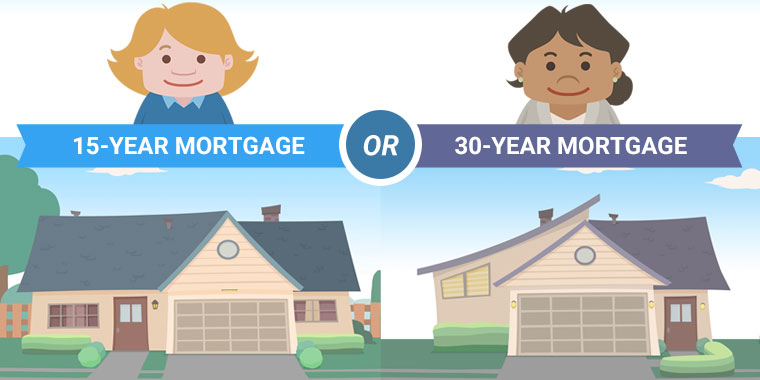Steps to Take if Your Appraisal Comes in Low
April 15, 2025
Is this a deal-breaker? Believe it or not, it isn't the end of the road. A low appraisal can sometimes be just a bump in the road. In other cases, you may wish to walk away from the deal. Here's your game plan to navigate this situation:
Step 1: Understand Why
Do you know why the FHA requires an appraisal in the first place? They're backing your loan, often because you have a smaller down payment or less-than-perfect credit. The appraisal ensures the property is worth the loan amount and has a remaining economic life for the duration of the mortgage.
Step 2: Details, Details
Ask your lender for a copy of the appraisal report. Understand the appraiser's reasoning and the comparable sales they used. This info is key for your next steps.
Step 3: Talk to the Seller
This is often your best first move. Show the seller the appraisal report and explain that the FHA loan will only cover the appraised value. Ask them to lower the price.
Any other VA or FHA buyer will likely face the same issue. They might agree to keep the deal alive, especially if they need to move. Be open to meeting in the middle, but know your limit.
Step 4: Consider Paying the Difference
Do you love the house? Can you afford to pay the difference in cash? But think this through. Can you afford it without hurting your finances? Is the home worth more than the appraised value in the local market?
Step 5: Challenge the First Appraisal
Work with your agent to find recent sales of similar homes that sold for more than the appraised value. Give this data to your lender. They might ask the original appraiser to reconsider. Appraisals are typically done a second time only due to deficiencies in the original. You can't contest an appraisal just because you don't like the dollar amount.
Step 6: Know When to Walk Away
If the seller won't budge, you can't pay the extra, and the appraisal challenges don't work, it might be time to walk. FHA loans allow this without penalty.
Step 8: Other Options?
Chat with your lender about other loan types. Maybe there's something with different appraisal rules. But if the house is truly overpriced for the local market, this might not solve the core issue.
Your Bottom Line:
A low FHA appraisal isn't the end of the world. Stay calm, get informed, and work with your agent and lender. Your best bet is usually to try and negotiate with the seller. Know your finances and your contract, and don't be afraid to walk away if it's not the right deal for you in the local market.

FHA Loan Articles
January 15, 2025Buying a condo with an FHA loan is an option some don’t consider initially, but it’s worth adding to your list of potential property types. FHA loans for condo units traditionally require condo projects to be on or added to the FHA-approved list. Still, changes in policy over the years allow borrowers to apply for FHA loans on condo units in projects not on the list on a case-by-case basis.
December 30, 2024When applying for an FHA loan, lenders will consider more than just your credit scores and history. They also look at other factors affecting your risk profile and the interest rate they offer you.
One factor is occupancy type. For FHA loans, this is straightforward because these loans require owner occupancy. Investment properties aren't eligible. While conventional loans may have different rates for primary residences, second homes, and investment properties, this isn't a concern with FHA loans.
December 18, 2024Did holiday spending get the better of you? Are you looking for ways to recover your spending plan as you search for a new home?
The holidays are a whirlwind of festivities, family gatherings, and gift-giving. But amidst the cheer, it's easy to lose track of spending. If you're aiming to buy a home in the near future, those extra expenses can have a bigger impact than you might realize, especially if you're considering an FHA loan.
December 17, 2024The Federal Housing Administration provides mortgage insurance on loans made by FHA-approved lenders, making homeownership more attainable for those who might not qualify for conventional loans.
While financial factors like credit score and debt-to-income ratio are key to loan approval, other non-financial aspects can also cause a denial.
December 11, 2024FHA loans, insured by the Federal Housing Administration, are a popular choice for many homebuyers, especially those who need a lower downpayment or more forgiving credit qualifying requirements. FHA loans are primarily intended for primary residences—homes that borrowers will occupy as their main dwelling.







